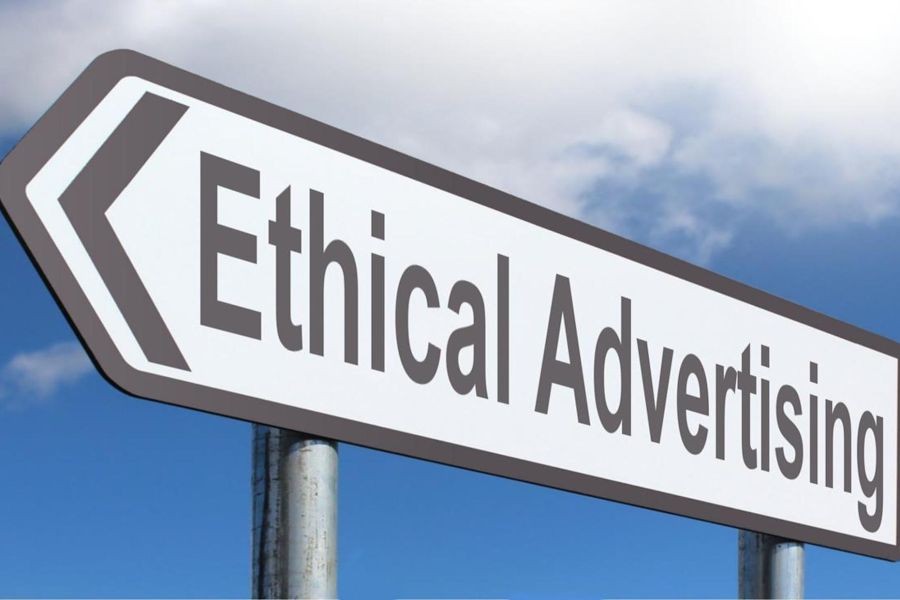The world of marketing is undergoing a significant transformation, and New Zealand influencers are at the forefront, leading the charge for ethical marketing. This shift is not just a trend but a necessary evolution in an industry that has long been criticized for its lack of transparency and ethical standards. This article delves into how Kiwi influencers are pioneering ethical marketing practices, why it matters, and how it could potentially reshape the landscape of digital marketing globally.
The Rise of Ethical Marketing in New Zealand
In recent years, there has been a growing demand for authenticity and transparency in marketing. Consumers are becoming increasingly skeptical of traditional advertising methods, leading to a shift towards ethical marketing practices. New Zealand influencers, known for their genuine and down-to-earth approach, have been at the forefront of this movement. This shift is driven by a combination of consumer demand and regulatory changes aimed at promoting transparency and accountability.
According to a 2023 report by Stats NZ, there has been a 25% increase in consumer trust in brands that prioritize ethical marketing practices. This trend is not only reshaping the marketing landscape but also influencing other industries to adopt similar practices. The New Zealand government has also been supportive of this shift, with the Ministry of Business, Innovation, and Employment (MBIE) implementing policies that encourage ethical marketing practices.
Case Study: Ethical Marketing in Action
Case Study: Lucy & Yak - A Sustainable Fashion Brand
Problem: Lucy & Yak, a sustainable fashion brand, faced challenges in gaining consumer trust due to the widespread skepticism towards the fashion industry's ethical practices.
Action: The company implemented a transparency-first strategy, openly sharing their supply chain processes and the ethical standards they adhere to. They collaborated with New Zealand influencers to amplify their message and reach a wider audience.
Result: Within a year, Lucy & Yak saw a 40% increase in sales and a 50% rise in social media engagement. Their commitment to ethical marketing not only enhanced their brand image but also set a new standard for the industry.
Takeaway: This case study highlights the power of transparency and authenticity in building consumer trust. New Zealand businesses can leverage ethical marketing to enhance their brand image and drive growth.
Pros and Cons of Ethical Marketing
Embracing ethical marketing comes with its own set of advantages and challenges. Here’s a closer look:
Pros:
- Enhanced Brand Image: Ethical marketing enhances brand reputation and fosters consumer trust, leading to increased loyalty and advocacy.
- Regulatory Compliance: Aligning with ethical marketing practices helps businesses stay compliant with evolving regulations, reducing the risk of legal issues.
- Competitive Advantage: Companies that prioritize ethics in marketing can differentiate themselves in a crowded market, attracting discerning consumers.
- Long-Term Sustainability: Ethical practices contribute to long-term sustainability by fostering positive relationships with consumers and stakeholders.
Cons:
- Higher Costs: Implementing ethical marketing practices may require additional resources and investment, leading to higher costs initially.
- Complex Implementation: Transitioning to ethical marketing requires a comprehensive overhaul of existing strategies, which can be complex and time-consuming.
- Consumer Skepticism: Despite efforts to promote ethical practices, some consumers may remain skeptical, requiring continuous efforts to build trust.
Debunking Common Myths About Ethical Marketing
There are several misconceptions about ethical marketing that need to be addressed:
- Myth: Ethical marketing is only for large corporations.
Reality: Small and medium-sized enterprises (SMEs) can also implement ethical marketing practices. In fact, SMEs can benefit significantly by leveraging their agility and flexibility to adopt these practices quickly.
- Myth: Ethical marketing is just a trend.
Reality: Ethical marketing is here to stay. With increasing consumer demand for transparency and authenticity, ethical marketing is becoming the standard rather than the exception.
- Myth: Ethical marketing doesn't impact the bottom line.
Reality: Brands that prioritize ethical marketing often see a positive impact on their bottom line. Consumers are willing to pay a premium for brands they trust and believe in.
Future Trends in Ethical Marketing
The future of ethical marketing looks promising, with several trends set to redefine the industry:
- Increased Use of Technology: Technology will play a key role in promoting transparency and accountability in marketing. Blockchain, for example, can be used to verify the authenticity of marketing claims.
- Stricter Regulations: As the demand for ethical marketing grows, regulatory bodies are likely to implement stricter regulations to ensure compliance and accountability.
- Consumer-Driven Marketing: Consumers will continue to drive the demand for ethical marketing, pushing brands to prioritize transparency and authenticity.
Conclusion
The rise of ethical marketing is a testament to the changing landscape of consumer expectations and industry practices. New Zealand influencers are leading the charge, setting a new standard for transparency and authenticity in marketing. As businesses continue to adopt ethical marketing practices, they will not only enhance their brand image but also contribute to a more sustainable and trustworthy industry.
Call to Action: Are you ready to embrace ethical marketing? Join the conversation and share your insights on how businesses can prioritize transparency and authenticity in their marketing strategies!
People Also Ask
- How does ethical marketing impact businesses in New Zealand?Ethical marketing enhances consumer trust and brand reputation, leading to increased loyalty and advocacy, as reported by Stats NZ.
- What are the biggest misconceptions about ethical marketing?A common myth is that ethical marketing is only for large corporations. However, research shows that SMEs can also benefit significantly from ethical practices.
- What are the best strategies for implementing ethical marketing?Experts recommend starting with transparency, leveraging technology for accountability, and prioritizing consumer-driven marketing for long-term success.
- What upcoming changes in New Zealand could affect ethical marketing?By 2026, stricter regulations and consumer demand for transparency are expected to reshape the ethical marketing landscape.
- Who benefits the most from ethical marketing?Ethical marketing benefits consumers, businesses, and society as a whole by promoting transparency, trust, and sustainability.
Related Search Queries
- Ethical marketing trends in New Zealand
- How to implement ethical marketing practices
- Benefits of ethical marketing for businesses
- Influencer marketing in New Zealand
- Transparency in marketing strategies
- Consumer trust in ethical brands
- Future of ethical marketing
- Case studies on ethical marketing
- Challenges in ethical marketing implementation
- Regulations affecting ethical marketing in NZ































